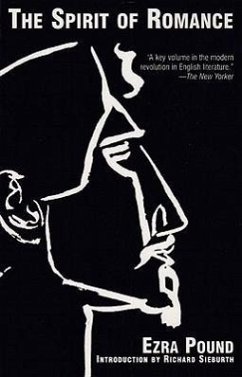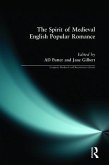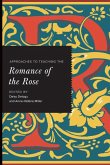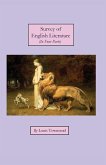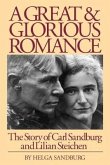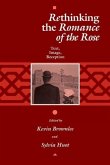Dating from 1910 and subtitled ""An attempt to Define Somewhat the Charm of the Pre-Renaissance Literature of Latin Europe"," The Spirit of Romance is one of the key books in Ezra Pound's revaluation of literary tradition.
Written in 1910 when Pound was only 25 years old, and later revised by the author, this critical work has long stood as an important stage in the development of Pound's poetics, and a dramatic revaluation of Europe's literary tradition. Pound surveys the course of literature from the fall of the Roman Empire through the dawn of the Renaissance, paying special attention to the Provençal poets and to Dante. Now with an introduction by Richard Sieburth, this work illuminates a great period in European literature and one of America's greatest poetic minds.
Hinweis: Dieser Artikel kann nur an eine deutsche Lieferadresse ausgeliefert werden.
Written in 1910 when Pound was only 25 years old, and later revised by the author, this critical work has long stood as an important stage in the development of Pound's poetics, and a dramatic revaluation of Europe's literary tradition. Pound surveys the course of literature from the fall of the Roman Empire through the dawn of the Renaissance, paying special attention to the Provençal poets and to Dante. Now with an introduction by Richard Sieburth, this work illuminates a great period in European literature and one of America's greatest poetic minds.
Hinweis: Dieser Artikel kann nur an eine deutsche Lieferadresse ausgeliefert werden.

